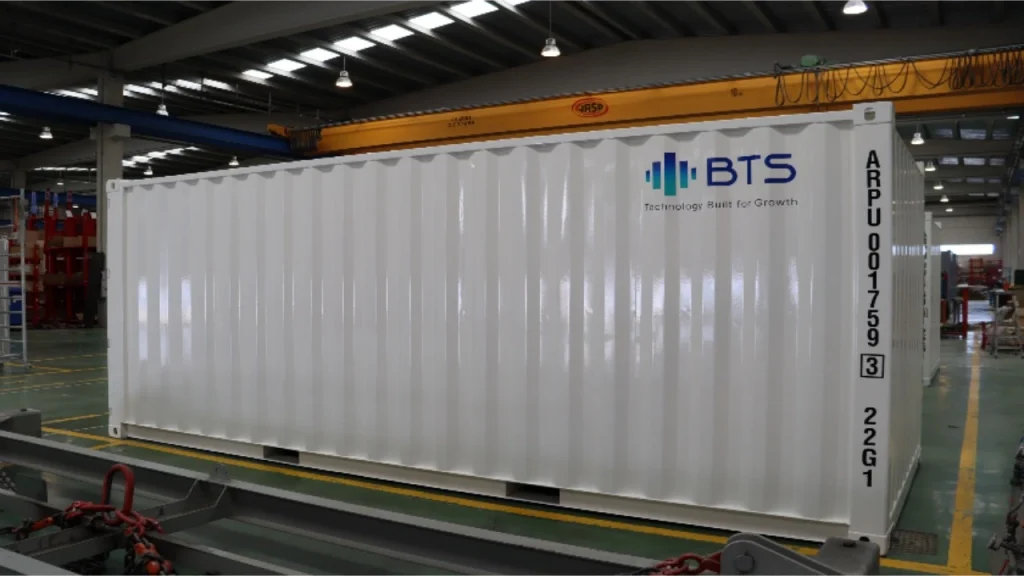- Six-month delivery beats 18 month norm, aiding West Africa’s decentralised cloud growth
- Built with Spanish and Ivorian partners, it supports fintech and digitalisation
What happened: Modular, edge-ready cloud hub launched in Abidjan innovation zone
BTS has completed the installation of its first modular, cloud-enabled data centre at the Village des Technologies de l’Information et de la Biotechnologie (VITIB) in Abidjan, Côte d’Ivoire. Delivered in just six months—far quicker than the usual 18 months—it demonstrates a new model for agile infrastructure in West Africa.
As a strategic integrator, BTS brought together diverse stakeholders—including ARPA, a Spanish engineering firm, and local partner ST Digital—to fast-track deployment. ARPA’s modular units underpin the facility’s scalability, while ST Digital oversaw market readiness. The centre primarily targets fintech companies and other African enterprises progressing digital transformation that demand low-latency, secure platforms.
Javier Mariscal, BTS’s Africa VP, said the company is closing infrastructure gaps by delivering mobile-first, edge-ready cloud locations in underserved markets, with the next planned deployment in Gabon.
Also read: Lyca shifts focus abroad amid UK downsizing
Also read: Emitel expands mobile network with Orange Polska
Why it’s important
This project marks a deviation from hyperscaler-centric models, which often focus on South Africa, by decentralising cloud infrastructure across the continent—bringing services closer to end users.
Cutting deployment time from 18 months to six is a significant efficiency gain. As Anthony Same of ST Digital put it, this model proves “the power of efficient synergies between all partners”. That speed can accelerate digital services rollout across West Africa.
By situating the data centre within Côte d’Ivoire—a rapidly growing West African economy—it taps into a digitally savvy population increasingly reliant on mobile, cloud, and AI-driven tools. The infrastructure supports key sectors such as fintech, healthcare, and government services, driving local innovation.
While BTS already serves 27 African countries with 580 million subscribers, this deployment represents a deliberate pivot to edge computing, essential for latency-sensitive applications like AI, IoT, and secure banking. With regional digital ecosystems maturing, edge cloud hubs become pivotal for competitive, home-grown solutions.
Following Abidjan’s success, BTS’s next target, Gabon, suggests a wave of micro-data centres could emerge across the region—ushering in faster, more reliable digital services outside traditional hubs.

